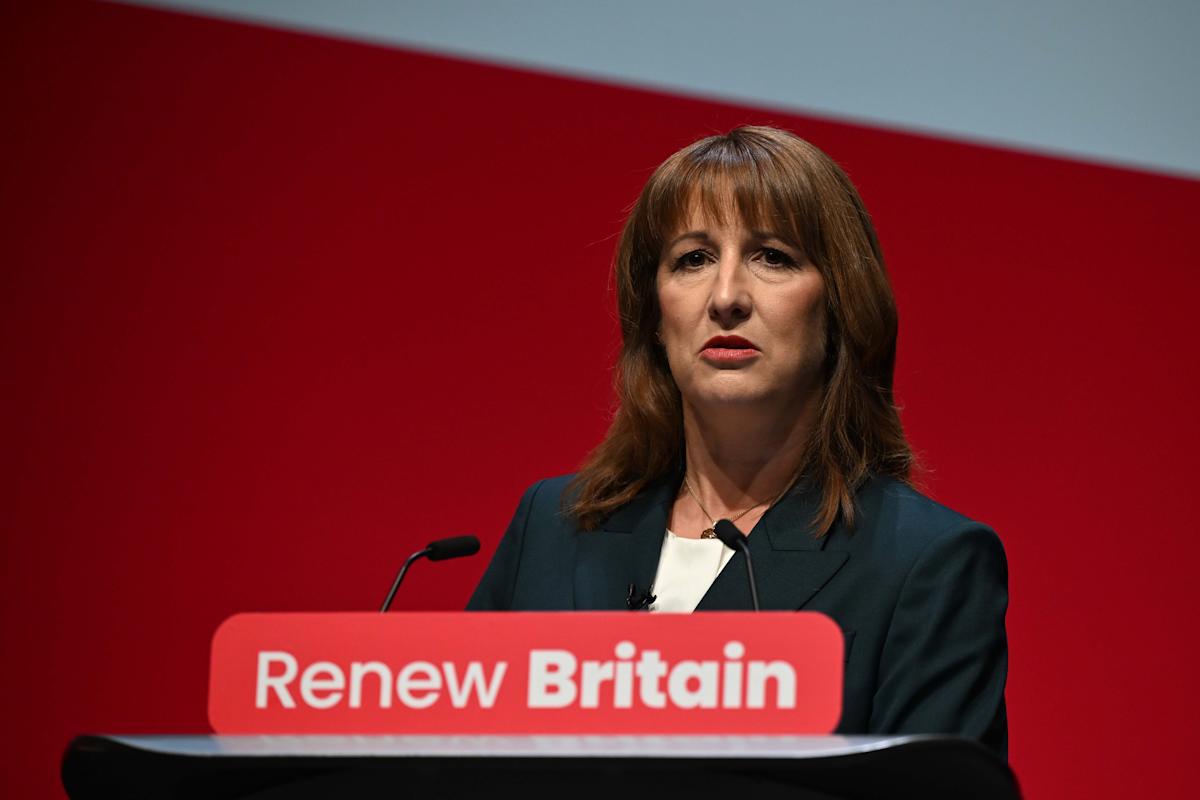Politicians love a good portmanteau. They make for catchy soundbites and nifty headlines, and often slip quickly and seamlessly into the public vernacular as if they’d been there all along (think Brexit!). One stood out at the Labour party conference in Liverpool this week when chancellor Rachel Reeves spoke of “securonomics”.
Reeves had coined the term more than two years earlier when, in opposition, she set out Labour’s vision for the UK economy. On Monday she deployed it again as she hinted at what her autumn budget might look like, pledging an approach to economic growth rooted in sustainable investment and sensible spending.
The speech was light on new policy announcements at a time the imperilled chancellor faces tough questions over the UK’s fiscal headroom.
With tax rises looking increasingly likely as Reeves refused to rule them out, we put the question to you, the reader: what should she do to get the public purse back under control? Find out how you voted below (spoiler alert: tax increases were not a popular choice).
Meanwhile there was drama across the Atlantic, as political brinkmanship reached an inevitable climax. The first US government shutdown in seven years began on Wednesday after lawmakers and president Trump ceased negotiations and turned instead to trying to scapegoat the other side.
Though markets have historically taken federal shutdowns in their stride, the effects were felt immediately this time round with the delay of crucial economic data.
The Bureau of Labor Statistics’ fulsome calendar of economic releases ground to a stop – starting with Friday’s monthly jobs report, a key set of numbers watched keenly by the Federal Reserve as it ponders monetary policy.
In the absence of key government data, Fed policymakers will have to rely on private sector information, along with anecdotal evidence and surveys of business owners.
“Reliable federal data, especially related to price levels and inflation, is hard to replace, and there are no perfect substitutes,” Indeed senior economist Cory Stahle said.
Let’s take a closer look at the financial news making headlines in recent days.
US Senate minority leader Charles Schumer at a press conference at the start of a federal government shut down on Wednesday after Congress and the White House failed to reach a funding deal. · Kevin Dietsch via Getty Images
UK economic growth slowed between April and June, ONS confirms
GDP growth fell sharply from 0.7% in the first quarter to 0.3% in the April to June period, official figures confirmed.
The disappointing unrevised numbers came a day after chancellor Rachel Reeves delivered a speech at the Labour party conference, in which she pledged an approach rooted in “securonomics”, emphasising economic stability and sensible spending over calls to shake up fiscal rules.
